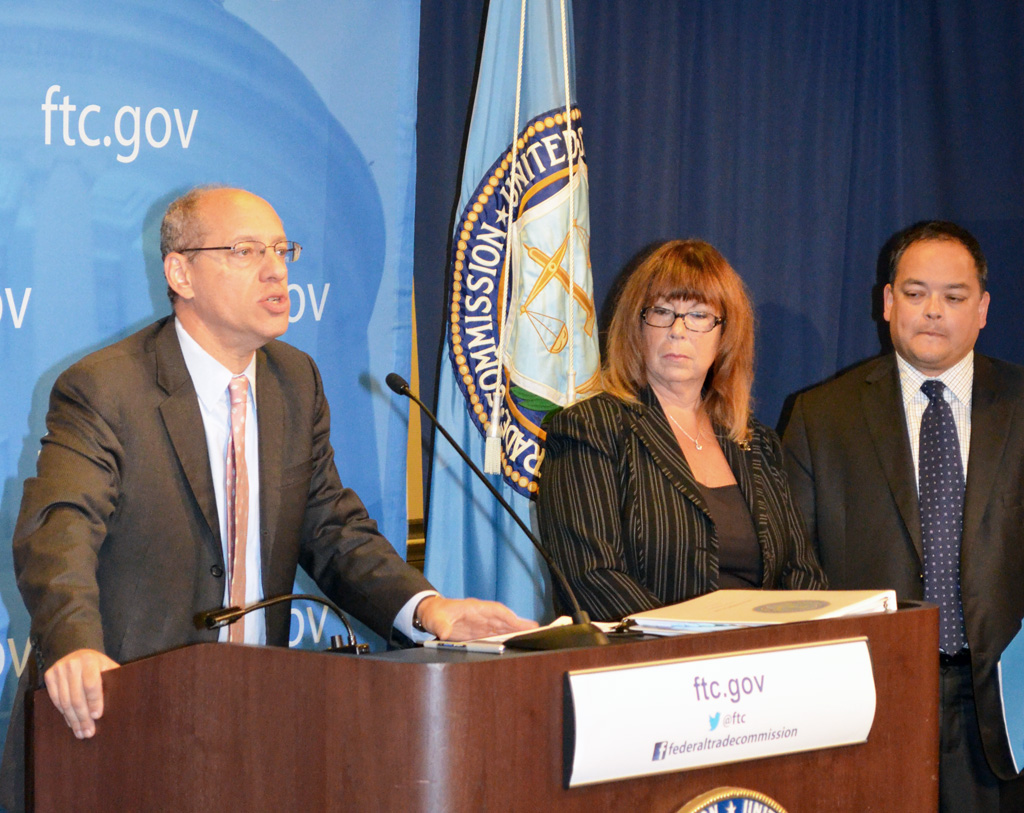FTC turns the heat on tech support scams: mobile users are also becoming targets.
 The Federal Trade Commission has had enough of fake tech support advertising.
The Federal Trade Commission has had enough of fake tech support advertising.
On Wednesday, the agency has announced a wide crackdown on fraudulent companies advertising services that promise to rid personal computers of malware, while doing the exact opposite, in an attempt to rid unwitting and non tech-savvy consumers of their savings.
Those not completely familiar with the practice should pay particular attention: television ads, like “MyCleanPC” and “Finally Fast PC” are among some of the most notable companies involved in the fraud.
Some of the companies behind these scams have already appeared before a courtroom, like Ascentive LLC, owner of “Finally Fast PC” who was ordered to shut down its operations in 2011, and yet it continues to operate today, running national ad campaigns online and on television, as well as racking up more than 50,000 negative reviews on the FTC website, and counting.
While these companies target almost exclusively PC users, many of these “services” occasionally do try to lure in Mac users as well.
A very profitable marketplace for scams like these is smartphones and tablet devices, running Android and iOS. Smartphone owners in particular can be lured into purchasing fake jailbreaking or unlocking services. In the wake of recent public security scares, the sale of fake protection plans and security subscriptions for both iOS and Android devices is also becoming more popular.
While some users will ignore website banners, TV ads may exert a stronger impression, and even lead users to act under the belief that just because these companies advertise on television, they have to be trustworthy.
Sadly, that is far from the truth, and there are many loopholes that allow fraudulent companies to appear on TV ads, with minimal legal repercussions.
Reality Check:
While it’s true that any operating system, no matter whether it’s running on a mobile device or a desktop computer, can be affected by malware, the chances of serious damage to mobile devices is typically very slim, compared to a what can happen on a laptop or desktop system.
For mobile devices to be hacked or compromised, there are requirements to be satisfied. The compromised device is typically unlocked or jailbroken, and essentially outside the scope of its manufacturer’s warranty. Also, mostly on Android devices, the system’s settings must allow for unsigned apps to be installed, which involves a working knowledge of the android operating system especially, in which the user willingly opens up the system to third party apps that do not originate from the Google Play Store. On iOS this cannot be accomplished without jailbreaking the device, and ultimately voiding the warranty.
Browser-based malware attacks on mobile devices are far less common and far less effective than on regular desktop systems, since in the unlikely scenario that a system is compromised, a simple reset to factory settings will take very little time, and can be done by the user at no cost.
The FTC encourages consumers to report all activity of this nature through the following link: https://www.ftccomplaintassistant.gov/.